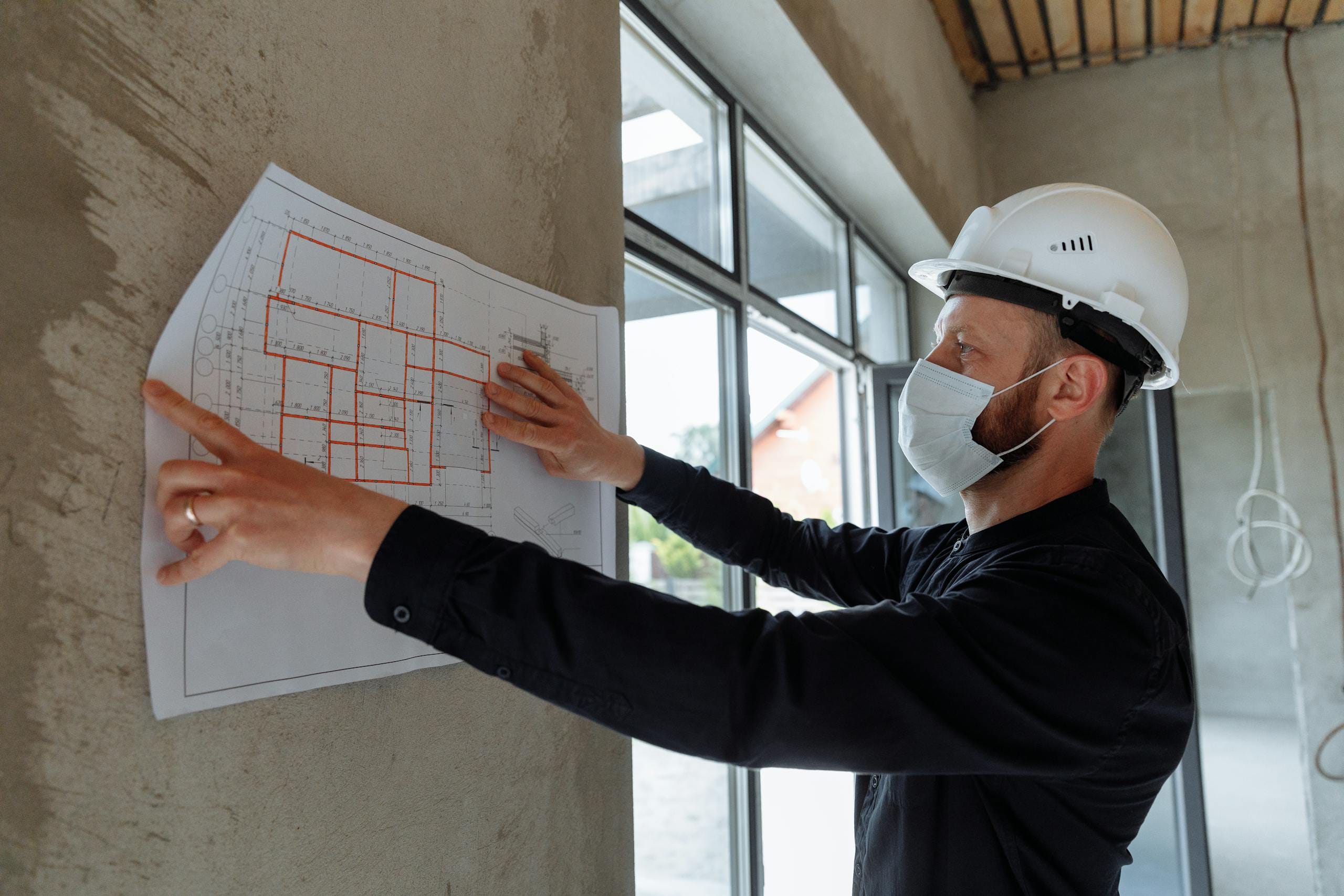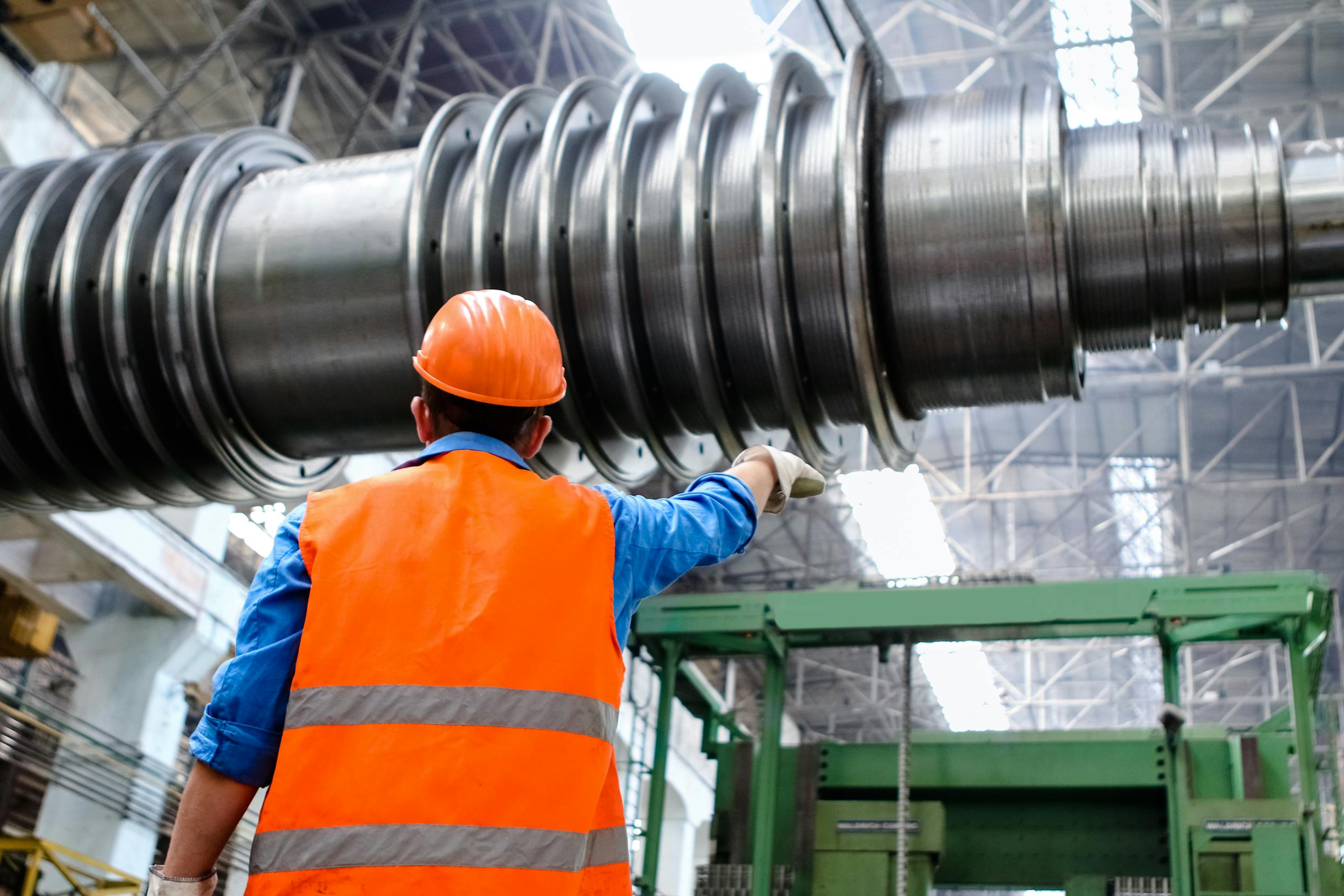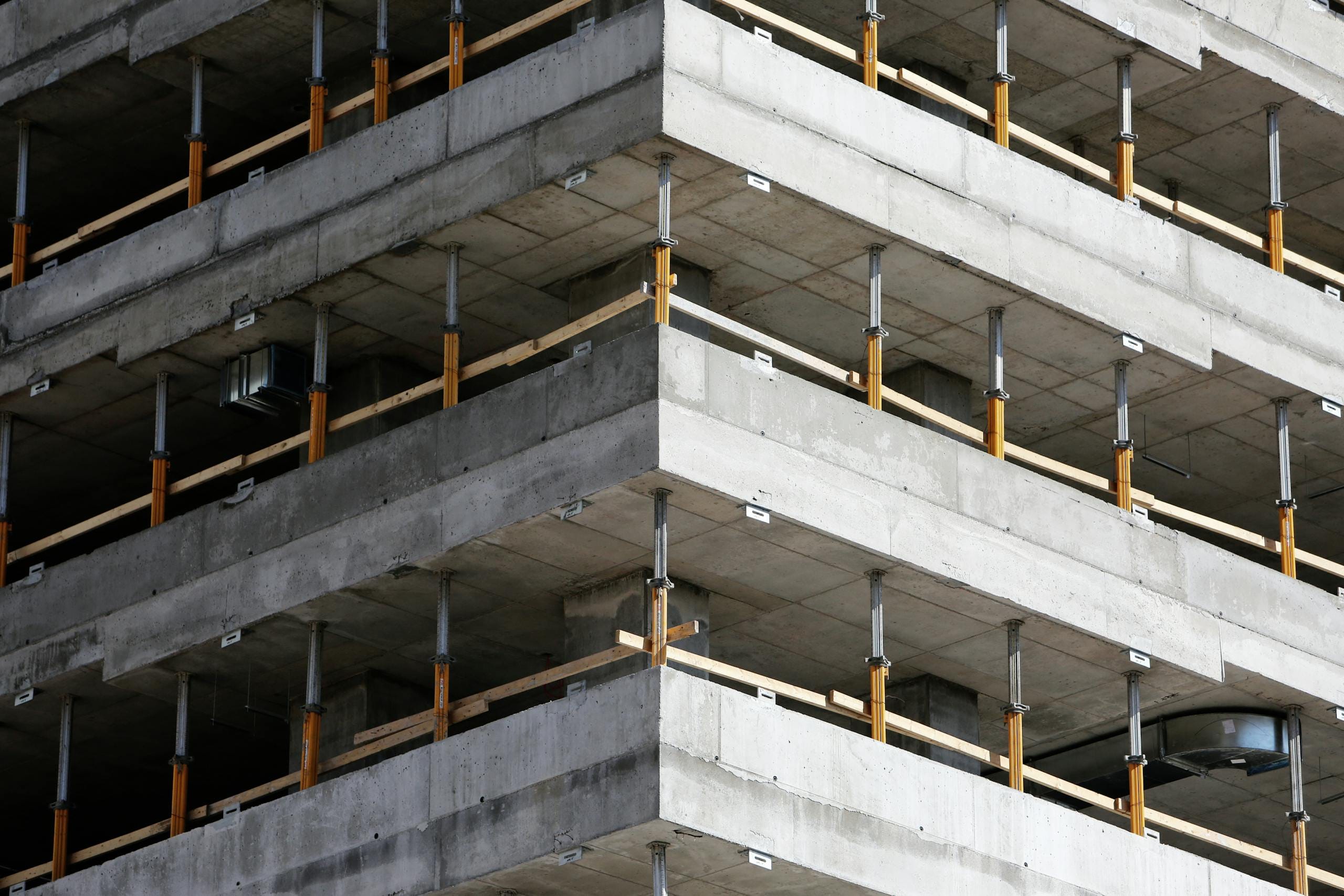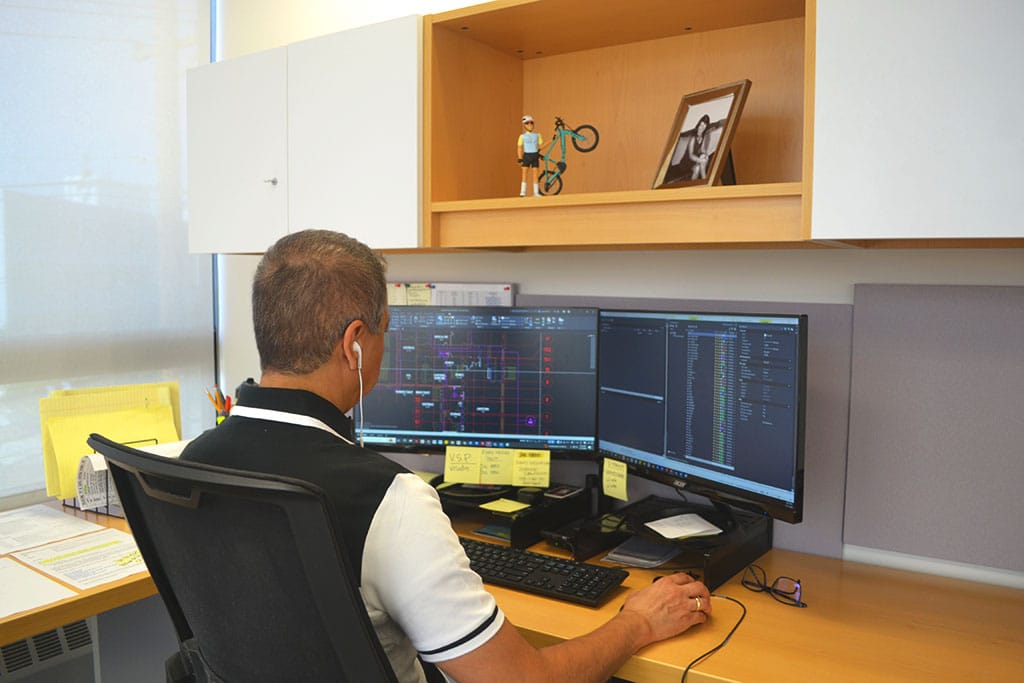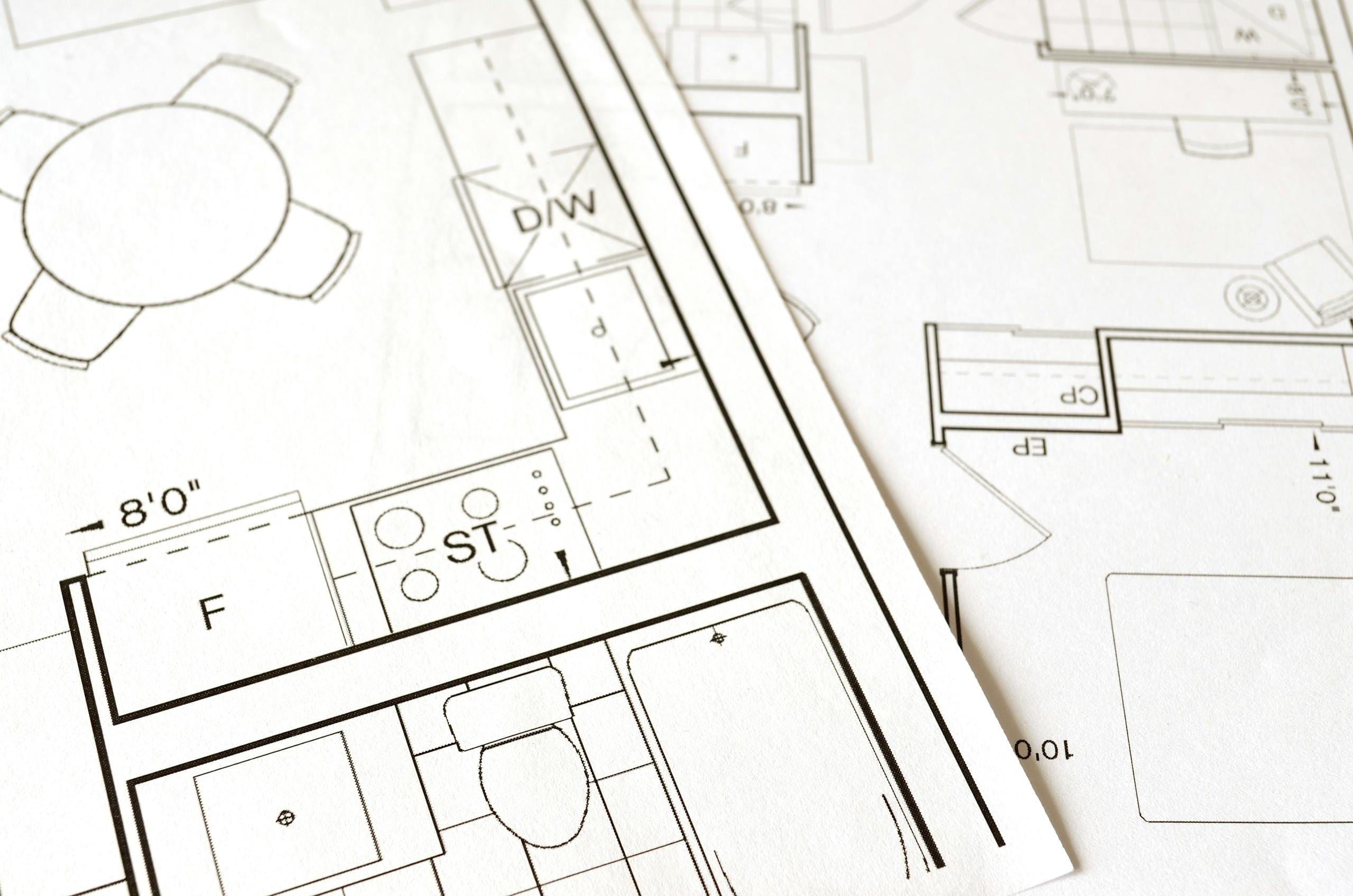Our Services
We are engineers and technical specialists that are highly motived, we strive to maintain operational excellence in the built environment and cutting-edge technology. DVL provides comprehensive engineering services in proponent of land development projects, corporate real estate portfolios, and more. Our clients include developers, property owners, public agencies, corporations, public and private institutions throughout the tri state area.

